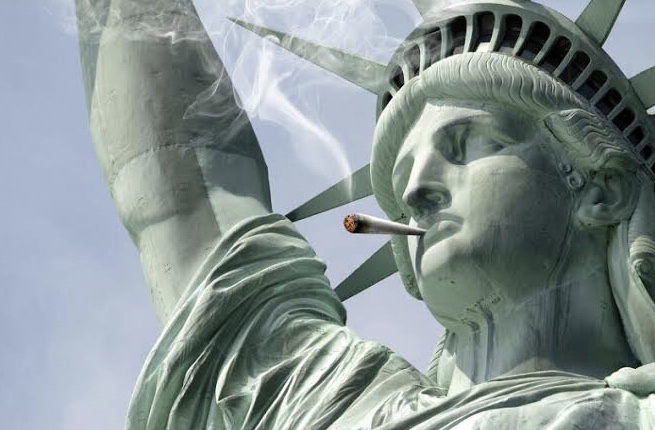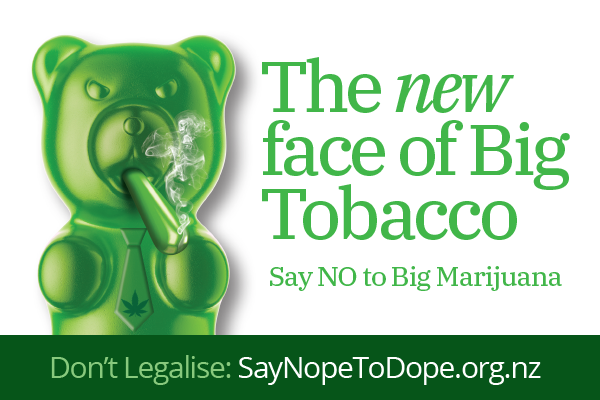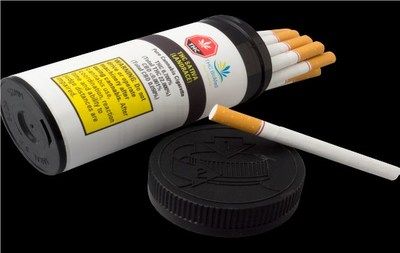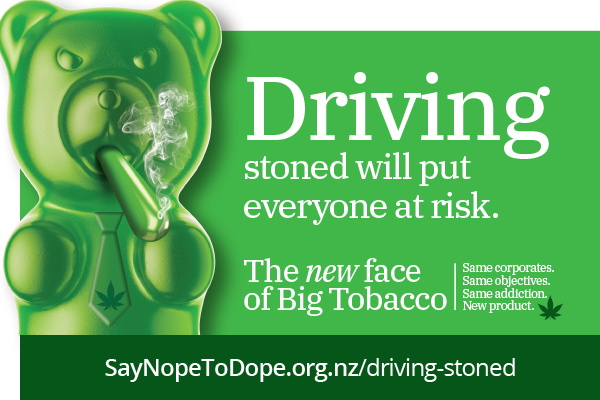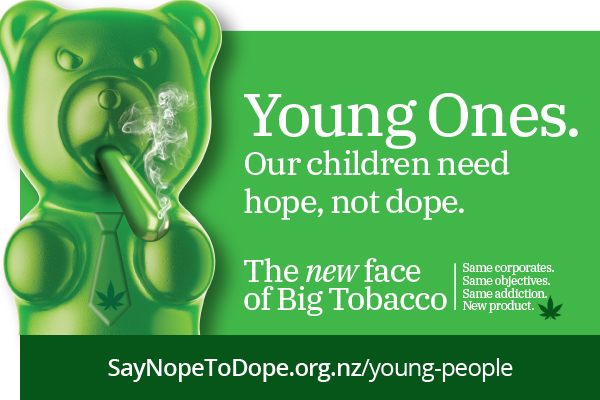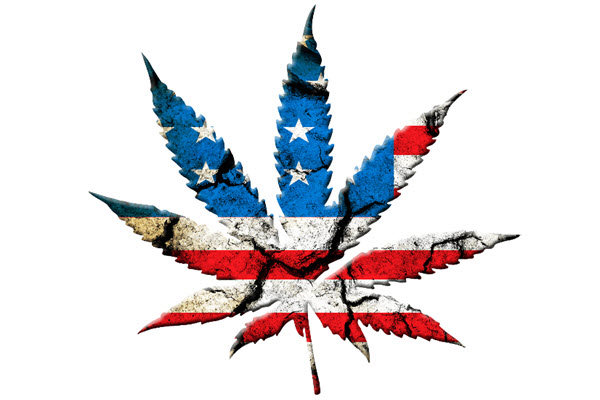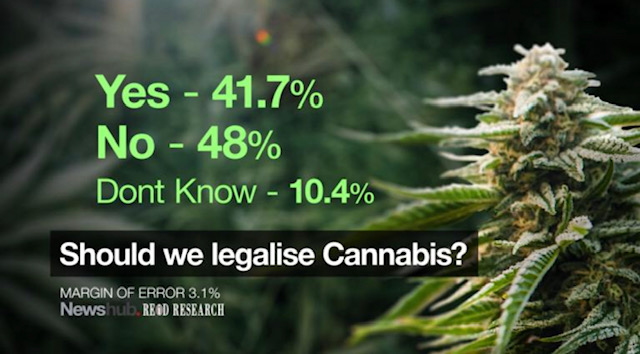
The Washington Post 16 June 2019
Family First Comment: “The first two states to legalize recreational marijuana are starting to grapple with teenagers’ growing use of highly potent pot, even as both boost the industry and reap huge tax windfalls from its sales…. “Horrible things are happening to kids,” said psychiatrist Libby Stuyt, who treats teens in southwestern Colorado and has studied the health impacts of high-potency marijuana. “I see increased problems with psychosis, with addiction, with suicide, with depression and anxiety.”…
#saynopetodope
The first two states to legalize recreational marijuana are starting to grapple with teenagers’ growing use of highly potent pot, even as both boost the industry and reap huge tax windfalls from its sales.
Though the legal purchase age is 21 in Colorado and Washington, parents, educators and physicians say youths are easily getting hold of edibles infused with tetrahydrocannabinol, or THC, the psychoactive component that causes a high, and concentrates such as “shatter,” a brittle, honey-colored substance that is heated and then inhaled through a special device.
Each poses serious risks to adolescents’ physical and mental health.
“Underage kids have unbelievable access to nuclear-strength weed,” said Andrew Brandt, a Boulder, Colo., software executive whose son got hooked while in high school.
With some marijuana products averaging 68 percent THC — exponentially greater than the pot baby boomers once smoked — calls to poison control centers and visits to emergency rooms have risen. In the Denver area, visits to Children’s Hospital Colorado facilities for treatment of cyclic vomiting, paranoia, psychosis and other acute cannabis-related symptoms jumped to 777 in 2015, from 161 in 2005.
The increase was most notable in the years following legalization of medical sales in 2009 and retail use in 2014, according to a study in the Journal of Adolescent Health published in 2018.
“Horrible things are happening to kids,” said psychiatrist Libby Stuyt, who treats teens in southwestern Colorado and has studied the health impacts of high-potency marijuana. “I see increased problems with psychosis, with addiction, with suicide, with depression and anxiety.”
It is unclear whether all of this means years of generally stagnant pot use among children are coming to an end. Surveys finding little change with pot since 2014 “may not reliably reflect the impact of legalization on adolescent health,” the authors of that 2018 study concluded.
Washington’s latest Healthy Youth Survey showed 20 percent of eighth-graders and nearly half of seniors “perceive little risk of regular marijuana use.” Many teens consider it less risky than alcohol or cigarettes.
As more than a dozen states from Hawaii to New Hampshire consider legalizing marijuana, doctors warn of an urgent need for better education — not just of teens but of parents and lawmakers — about how the products being marketed can significantly affect young people’s brain development.
The limited scientific research to date shows that earlier and more frequent use of high-THC cannabis puts adolescents at greater jeopardy of substance use disorders, mental health issues and poor school performance.
“The brain is abnormally vulnerable during adolescence,” said Staci Gruber, an associate professor of psychiatry at Harvard Medical School who studies how marijuana affects the brain. “Policy seems to have outpaced science, and in the best of all possible worlds, science would allow us to set policy.”
The critics also insist that more must be done to maintain tight regulation of the industry. That’s not been the case so far, they argue, with dispensaries opening near high schools in Seattle and with retail and medical pot shops in Denver outnumbering Starbucks and McDonald’s locations combined.
READ MORE: https://www.washingtonpost.com/national/potent-pot-vulnerable-teens-trigger-concerns-in-first-states-to-legalize-marijuana/2019/06/15/52df638a-8c9a-11e9-8f69-a2795fca3343_story.html?utm_term=.0935499226a8

